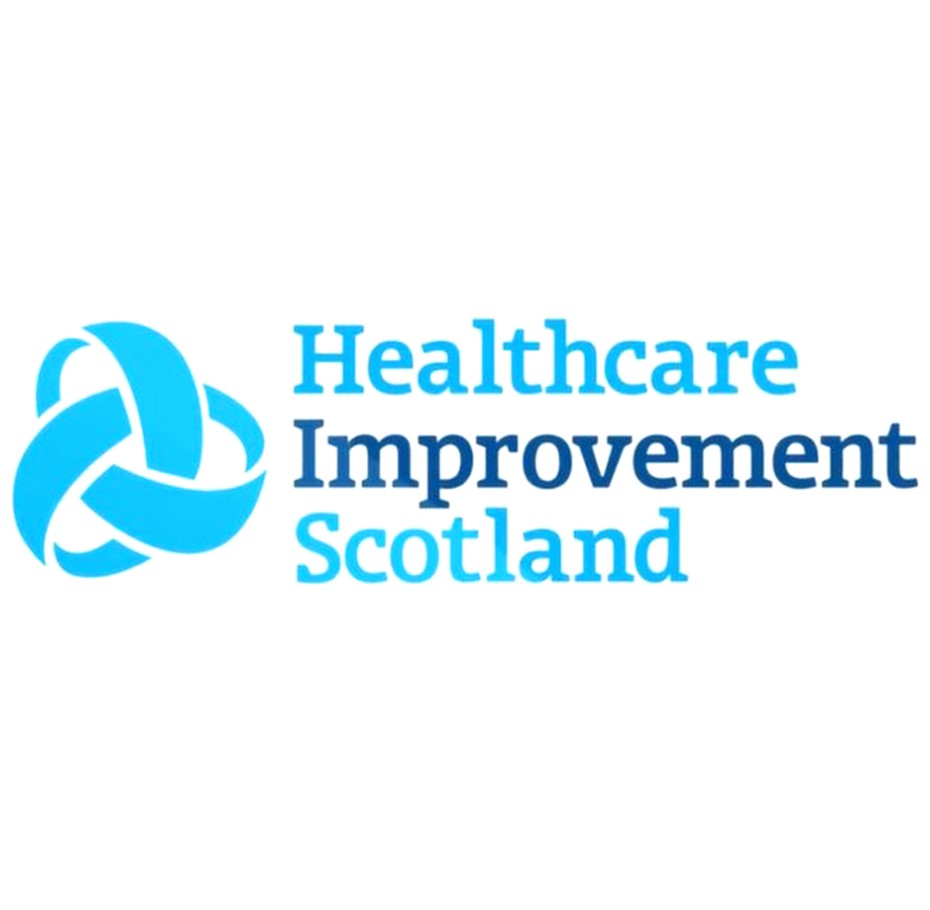Rectal diazepam for seizures - patient information leaflet

Introduction
Patient information leaflet
Rectal diazepam for seizures
Name of the medicine:Diazepam rectal tubes The information given in this leaflet should be read along with any patient information leaflet provided by the manufacturer with your medicine. Click Search Results - (emc) (medicines.org.uk) |
What is it for?Diazepam is used to treat seizures. It can be given to you during a seizure by a relative, carer or healthcare professional to stop the seizure. Most medicines available in the UK have a licence. The licence describes the conditions the medicine can be used to treat, and how the medicine can be given. The manufacturer of the medicine has to show that the medicine is safe and made to a high standard before the medicine is licenced. The use of rectal diazepam for seizures in adults is a licenced use. The information in this leaflet is not included in the information leaflet supplied with the medicine. We are giving you this extra leaflet to tell you about the reason(s) why you are taking this medicine and to highlight other information. You should read both leaflets. |
What form(s) of this medicine are there and how is it usually taken?This medicine is supplied in a rectal tube. It should be given to you by a relative, carer or healthcare professional. It should not be given by mouth. They will follow the instructions that are on the dispensing label. The person giving you the diazepam will: Lay you on your side. Tear open the foil covering/pack and remove the cap from the top of the tube. Gently insert the nozzle completely into your back passage (rectum) pointing it downwards. Empty the tube by pressing firmly between their thumb and index finger. Keep the tube completely pressed together until they have withdrawn it out of your rectum. Note: A small amount of the solution is intended to be left in the tube after the dose is given. They will maintain your position and hold your buttocks together for a few minutes. The medicine should start to take effect after about 5 minutes. They will repeat the dose if needed in line with the dispensing label. They should dial 999 if the medicine does not seem to be working or if you are having breathing difficulties, such as snoring. |
|
What are the most common side effects I might experience? Diazepam might make you sleepy (drowsy) shortly after you take it. Because of this, we advise you to rest for a while in a comfortable chair or bed immediately after you take the dose. You MUST NOT drive after taking rectal diazepam as it makes you sleepy. Drowsiness is more likely to occur if you are taking other medicines that cause sleepiness. In addition to the information above, if you have had a seizure, you MUST NOT drive again until you have discussed with your GP whether it is safe to do so. Occasionally, you may experience light headedness (dizziness) and a dry mouth. If you do experience light headedness, this will usually pass on its own but if it does not, tell your doctor or pharmacist. Drinking alcohol may also make these side effects worse so DO NOT drink after taking rectal diazepam. |
What other information should I know about this medicine?Each tube should be used once only and then disposed of. It should be used at once after opening the foil. Wash your hands after giving the medicine. Please remember to order your repeat prescription with a few days spare, to allow it to be processed. It is important not to order more medication than you need. Even if you return them to the pharmacy in future, they cannot be reused after they have been labelled for your use and must be disposed of. Your medication needs to be kept in a safe place out of the reach of children. It is important to store your medication in the original container. Return ALL unused medication to a pharmacy. If for any reason a you or your carer are UNABLE to go to the pharmacy, medication can be disposed of at home. However, it is important NOT to flush it down the toilet as this pollutes the water. Medication can be disposed of in a general waste bin, ensuring that cannot be accessed by children or animals, although disposal at a pharmacy is preferable. |